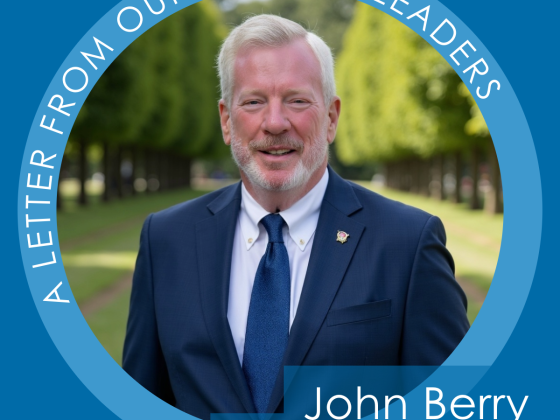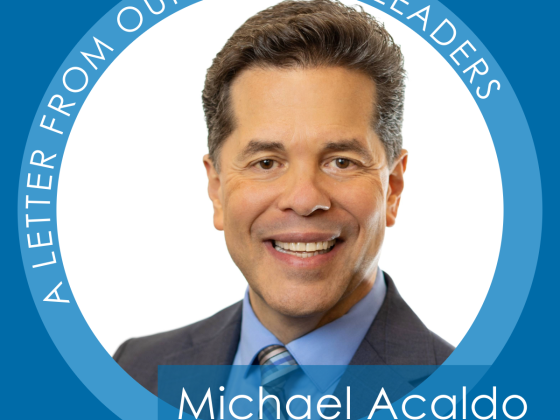In almost any process, there is some unwritten rule on “fairness” when it comes to who gets what, and who gets it first. Try to jump into a line at your local food pantry and see how this works!
Often, fairness rules have a logic to them even if it isn’t always widely known. The concept of triage during medical emergencies with multiple casualties has a design to it in order to save the most lives. Organ transplant lists can have someone wait a very long time, and then move very quickly when their life is in danger. In a more everyday example, the little color tabs at the neighborhood deli is a clear first come, first served fairness process regardless of one’s perceived hunger needs for cold cuts or the volume of salami to be purchased.
When it comes to serving people with poverty needs, the fairness logic is often questioned because the need can be so acute. In Lebanon, the Society was challenged when it started to assist new refugees coming across the border from the Syrian civil war. Local residents asked why the new guys in town were being helped when, after all, they were already present, poor and in need of help? The Society, in an effort to be fair and not to create group animosities, asked funders to commit one set of resources for existing people in need and another for new arrivals.
Every day, our Conferences discern how much to give, how often the same person or family can be helped, and if there is any specified order for who gets helped first. But wait, you say, we help everyone! I pray that you are able to do so, but right now the usual order of things may be challenged by COVID, recent Society adaptations and other factors. We need to re-examine our assumptions and traditions in light of our finances, and in the name of fairness as well.
For example, a Council hears that immigrants are coming to town (it doesn’t matter where they are from for this exercise) and members want to help. That’s fine, but new resources don’t magically appear, so is help to a new immigrant now not available as much for a resident “already in our line?”
A second example: The Diocese for their own good reasons wants to focus assistance on a specific population – new mothers, people who are unhoused, or any other group – and asks the Society how it can help. We can easily see the need to help this identified, and now possibly prioritized, group. But at what cost to everyone else in our line? At some point we have a zero-sum game as resources are always limited.
Every time we make a decision as a Conference or Council about who gets our help, in some way we also make a decision about who won’t get our help. Or at the least, we make an unintended decision about who gets pushed back in the line to receive help later, or not as much. In almost all communities there is more human need than there are Society resources to help, so these decisions can change lives for better or worse.
An eternal question for Conferences is whether to help everyone a little with available funds (and time, too), or to help fewer people with more resources. This might involve only emergency needs or it can include systemic change solutions. These are not simple problems because very real neighbors and their lives are affected by these decisions. Apart from our Rule’s guidance not to hoard funds for tomorrow when people need help today, such decisions using our subsidiarity principle are determined locally.
We must ask ourselves if such decisions are intentional in a bigger social context. When we prioritize one group, do we unconsciously decide in a way that could be characterized as based on race, age, faith, gender or another factor apart from need? In any way does it look like the Society favors a group of people other than those in poverty? Conversely, does it look like we have judged people and so won’t help them?
You may be somewhat shocked by these questions. We need to ask them nonetheless in order to assure our Society’s charism and mission fairness. There are no easy answers, only the discernment of our members to guide each other into a path forward that seeks to treat every person we encounter with the same love and charity. Let’s check our current polies and practices, and be intentional.
What would St. Vincent do? What would Jesus do? Charity, we appreciate as we serve, is not for the weak!
Yours in Christ,
Dave Barringer
CEO



Dave,
our Conference just went through this exercise in a HUGE way. Our community was struck by an EF-4 Tornado that damaged 1,744 homes. On top of COVID and housing crises, we had to make a decision on who to help. SVDP, along with other groups in the community have worked together to make sure tornado victims are helped. In the process, other clients, may have gotten a little left behind. We did the best we could, and helped as many folks as we could. We have been busier than ever before and our small conference has been challenged like never before, but we have done it!! and we will be doing it for a while. Our Conferences role was paying for motels for tornado victims who were renters. Because we have an EXTREME lack of affordable housing (or any housing for that matter) it has been large work. We have helped families find other homes and provided much needed necessities as they restart their lives.
Marie Swope
St. Katherine Drexel Conference
Newnan GA